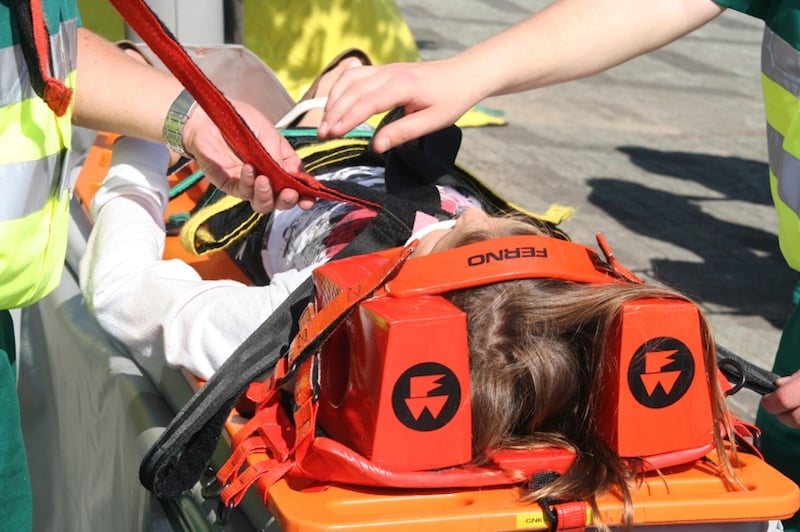Pediatric emergencies are some of the most challenging calls to which paramedics respond. And when the emergency involves the respiratory system - whether medical, traumatic, or obstructive - literally every second counts. The first step in pediatric airway management is securing a clear passageway. Therefore, medical suction is a crucial link in the treatment chain. But clearing a child’s airway is not the same as clearing that of an adult. Smaller jaws, larger tongues, shorter necks, and more anterior tracheas dictate extra care when suctioning the pediatric airway and the equipment you choose makes a difference.

















